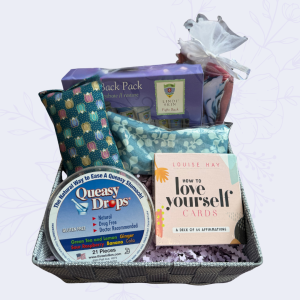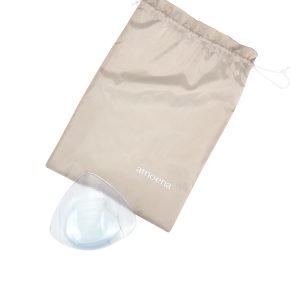I was reading an article in an online magazine I get monthly and this was one of the topics. Cancer-Related Fatigue (CRF). I know that this is a real thing, from dealing with it myself and hearing about it from other cancer graduates. Many ask if the exhaustion ever goes away – I have a hard time answering this positively.
In November, it will be five years for me, post- op. I consider this my anniversary the day the cancer was removed from my breast, so I have been “cancer free” since then. I put that in quotations, as one never knows when the beast will rear its’ ugly head again. It has been four years since I finished chemotherapy and almost four years since I finished radiation. I am still tired. AND not just oh I am feeling tired and I think I need to have a nap tired – but I am tired and I could sleep for a decade tired!
By definition, “CRF is a distressing, persistent, subjective sense of physical, emotional, and/or cognitive tiredness or exhaustion related to cancer and cancer treatment”, as stated by Georden Jones, a doctoral student in clinical psychology at the University of Ottawa. He further goes on to say “It can significantly impact personal, social, and/ or work roles and it can have a negative impact on overall quality of life”.
Well, check , check and check. Some days I really question how I manage a business, look after two teenagers and have somewhat of a social life. Things in my life have certainly been affected by CRF. At times, I wonder if this fatigue is confused with depression. The lack of desire to do things with friends, to go out socially, and the need to rest more often than I did before cancer. There are times when getting a drink of water feels like a task.
When I mention how tired I am, I get the response that quite often includes: oh well, at this age, or well you do so much, or my favorite – me too, I am so tired all the time. Really? I know that people mean well, but this tired is different. There are times that I do not have the energy to even get the words out. I am too distressed to think because of the exhaustion.
The article discusses eliminating other causes that may contribute to fatigue. Things like nutrition, and overall well-being. Nutrition plays a big part in how a person feels. We need nutrients from food that can be digested and used to nourish our bodies. That, of course, seems logical. We need the correct amount of water and sleep, as well. All these things and so much more contributes to our health. Even the healthiest of people can suffer from CRF.
They list some activities that you can do to combat CRF, if you are not too tired you can try some yoga classes or other forms of physical activity. I make light of this, but in reality more activity does decrease exhaustion – I just don’t have the drive to get there. Personally, I find writing things down helpful. Once accomplished, I cross them off the list. Some things get done, other jobs make the next day’s list and so on. Eventually, if it does not get done then it really was not a priority and it does not stress me out.
What I have learned, I am the priority. You are the priority – so that comes first. Self-love is not exhausting. Leave the list when you can, and take care of you. I’m going for a nap now – but no longer than an hour so as not to disrupt my nighttime snooze!






Great article! I am tired all the time and I could never figure out why but it makes perfect sense. I never said anything to anybody but I always question myself “why am I so exhausted all the time” and yes, this all came about after my treatment but I didn’t put two and two together.
Thank you for sharing!